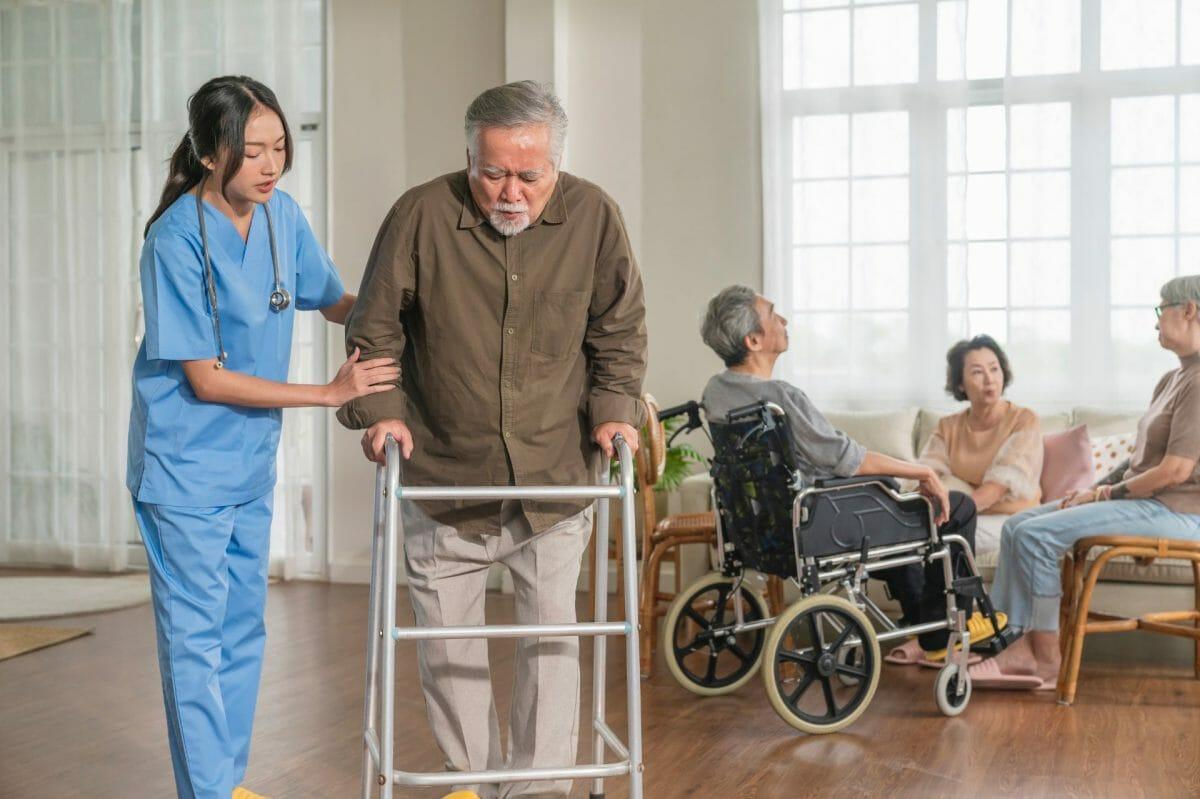The older people get, the more care they need. Even those who were at the pinnacle of health during their youth will need help with some or all day-to-day activities in their old age. This is one of the reasons why nursing homes exist.
Nursing homes provide a range of services for the elderly or chronically ill. But the presence of miscreants in the industry gives nursing homes a bad name. There are reports that say that roughly 10% of nursing home residents suffer from abuse.
This article helps you spot the symptoms of nursing home abuse. If a loved one or someone you know exhibits one or more of these symptoms, you might need a nursing home abuse attorney. Their expertise in the field will ensure that the perpetrators are put behind bars and that you receive just compensation for the losses.
Before reading about the symptoms of nursing home abuse, it is important to know the types of abuse. The types of nursing home abuse are:
- Physical abuse
- Emotional abuse
- Sexual abuse
- Financial exploitation
- Neglect
- Healthcare fraud
Each of these abuses comes with its own set of symptoms, as suggested by the Administration on Aging (AOA) and the National Institute on Aging.
Symptoms of Physical Abuse
As the name suggests, these are the physical injuries a victim suffers from. Identifying signs of physical abuse include:
- Bruises
- Cuts
- Burns
- Fractures
- Facial and Dental Injuries
- Skin tears
If you come across any of these symptoms, you should remove the victim from the nursing home and get in touch with a lawyer.
Symptoms of Emotional Abuse
Unlike physical abuse, emotional abuse can be pretty difficult to find out. Family members or loved ones should keep a close eye on the victim’s change in behavior to identify emotional abuse. Some telltale signs of emotional abuse include:
- An aggressive or uncaring caregiver
- Withdrawal from social activities
- Sudden change in behavior
- Isolation, either self-imposed or forced by the caregiver
Symptoms of Sexual Abuse
A statistic that highlights the horrors of nursing home sexual abuse is this – 70% of the victims do not report their abuse. Another worrying statistic is that 81% of the time, the primary caregiver is the abuser. Statistics like this make it necessary to visit nursing homes once in a while to look out for the symptoms mentioned below.
- Sexually transmitted disease or infection
- Injuries or swelling on/near the genitals
Symptoms of Financial Exploitation
This is prevalent among the residents who come from better financial backgrounds. A caregiver or another employee may talk or force the resident into parting with huge amounts of money. Look out for the following symptoms if you think that a loved one is being conned.
- Unpaid bills
- Giving money or gifts to others, especially non-family members
- Struggling to explain spending habits
- Handing over control of finances to a caregiver or another nursing home employee
Neglect
Neglect is one of the most common forms of abuse that the elderly and chronically ill go through. Poor training, insufficient pay, and overworked caregivers are some reasons why residents are neglected. Watch out for these signs to know whether a loved one is being neglected in a nursing home.
- Poor hygiene (Dirty sheets, soiled clothes or bedding, and skin conditions)
- Bedsores (Pressure ulcers)
- The resident hasn’t been taking their medication
- Dirty living spaces
- Lack of basic necessities (Heat, food, electricity, and water)
- Malnourishment
Symptoms of Healthcare Fraud
This is primarily the work of scummy nursing homes. They target residents from well-off families and invent ways to milk money in the name of treatment. Unlike financial abuse, healthcare fraud is carried out by the staff and management of the nursing home. Lawyer up once you identify these symptoms:
- Frequent requests for medical treatment or equipment
- Endless diagnostic tests
- Billing insurers and healthcare providers for treatment that wasn’t provided
- The caregiver cannot explain the need for specific treatment or equipment
What Next?
If you find these symptoms in a loved one or someone you know, it’s best to consult an attorney after calling 911. You’ll need legal assistance to take the perpetrators to court and receive compensation for the damages your loved ones have suffered. Also, don’t forget to contact Adult Protective Services (APS).
